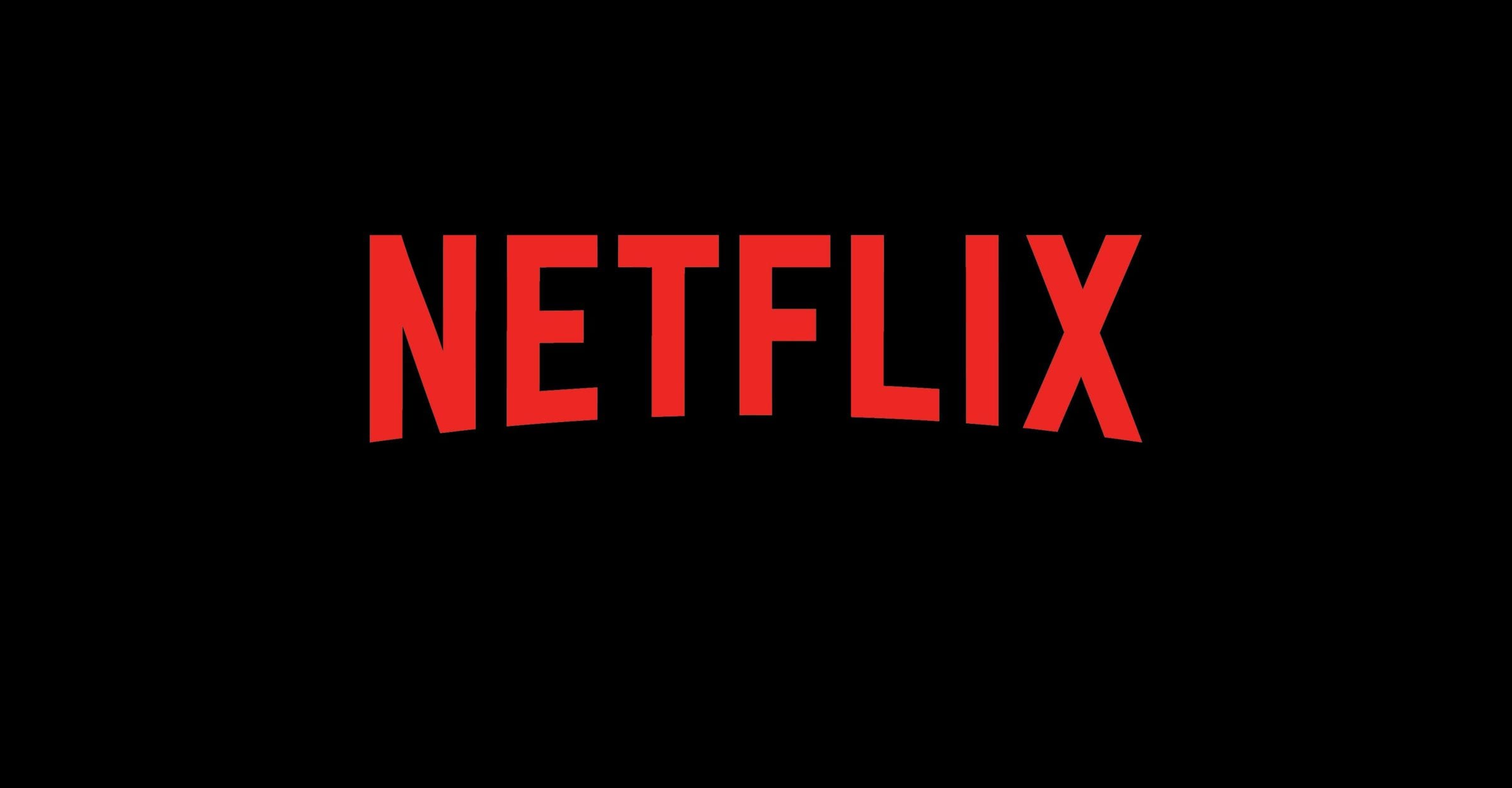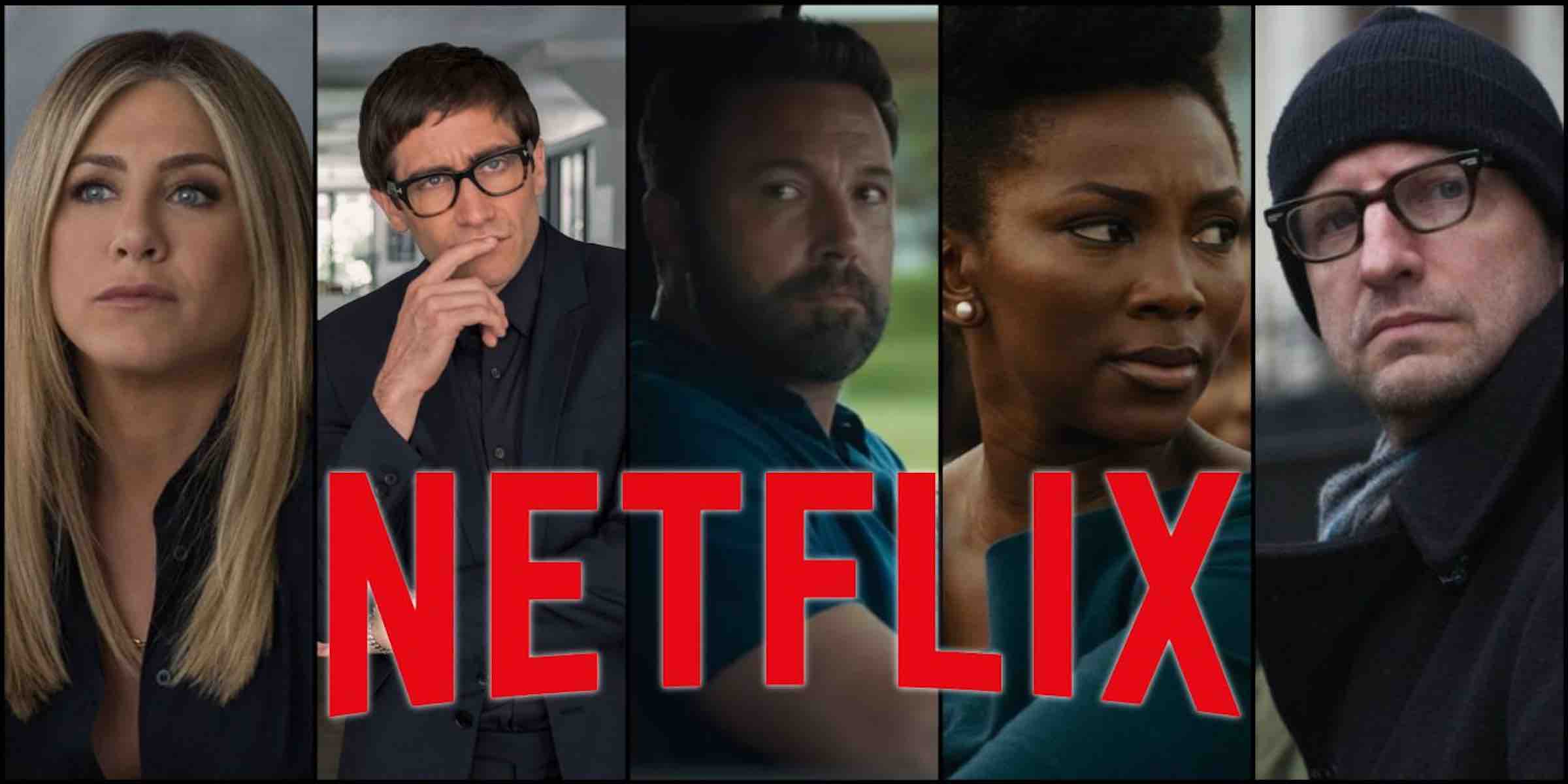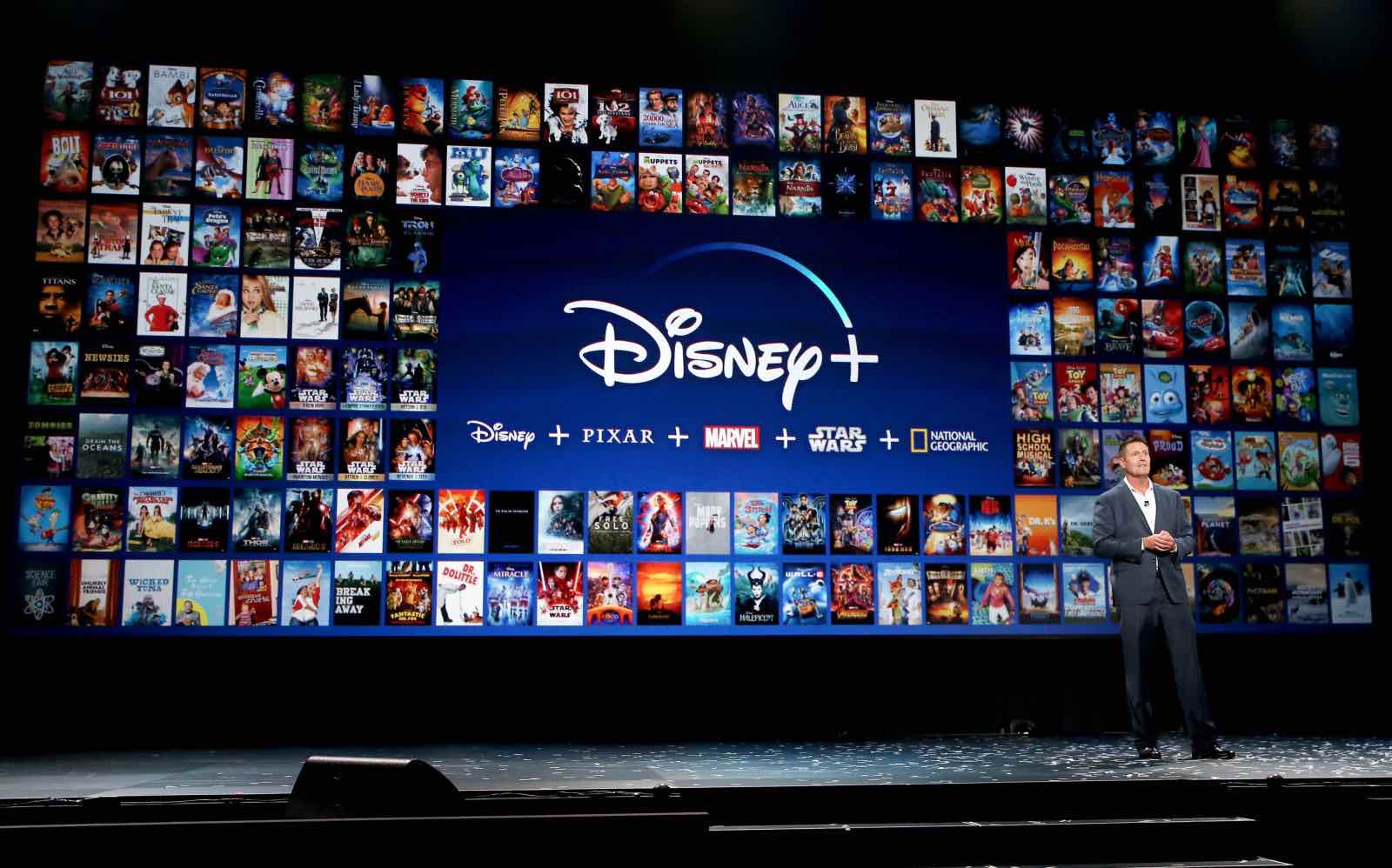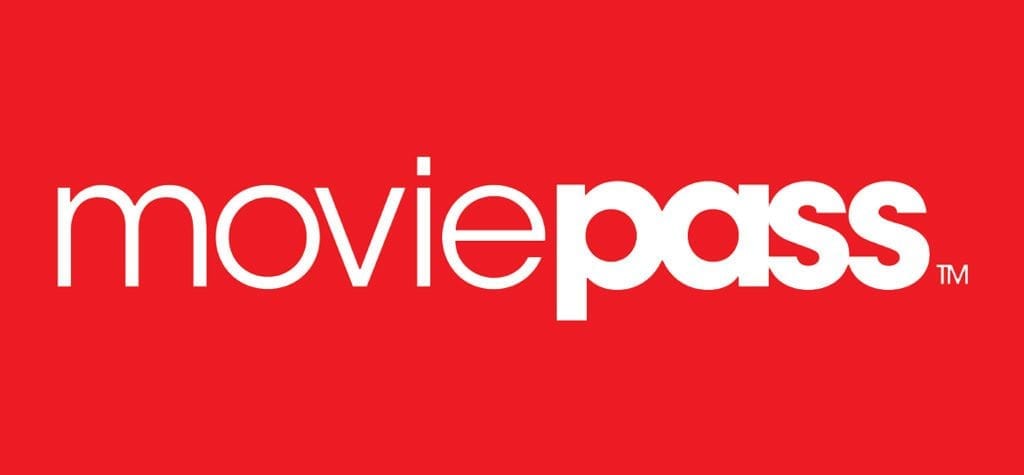
What if Netflix and its TV shows win the streaming wars?
Last year, the Netflix logo was met with boos at the Cannes Film Festival. Despite the fact Okja and The Meyerowitz Stories were granted to compete for the prestigious Palme d’Or, audiences feared it symbolized the death of classic cinema as we know it.
And while audiences worldwide would protest with the argument that Netflix simply signifies a shift in the way we watch content, Cannes director Thierry Frémaux decided to ban all Netflix films from competition in 2018.
What happened next was telling. Instead of protesting or attending the event with acceptance of the new rule, the streaming behemoth casually announced it would skip Cannes entirely. There are plenty of places you can watch TV for free.

Speaking to Variety, Netflix’s chief content officer Ted Sarandos declared, “There’s a risk in us going in this way and having our films and filmmakers treated disrespectfully at the festival. They’ve set the tone. I don’t think it would be good for us to be there.”
If anything, Netflix has set the tone – it can afford to snub Cannes. Heck, it can afford to do anything. The company sees exponential growth year on year, pumping more and more cash into creating the content audiences want to see.
Last month, Netflix CFO David Wells shared the news that the streaming giant is adding 700 Netflix Originals to its slate in 2018*. With its ambitious plans, rapid worldwide growth, and a telling attitude towards the old guard of cinema, it appears Netflix is on the path to world domination (well, at least in the entertainment biz, anyway).

The Netflix train shows no signs of slowing down
Netflix figures showed it had once again beat expectations last year, having hit 125 million subscribers worldwide between January and March of this year. During the same period, the company invited 7.4 million new subscribers – a new record in the first quarter – and in the next few weeks, over 50% of its audience will be outside of the US.

Netflix proudly noted to investors that quarterly revenue grew 43% year over year in Q1, marking “the fastest pace in the history of our streaming business.” Many reckoned there was no end in site for Netflix’s relentless rise in the market (those pockets have gotta finish sometime, right?), Founder and CEO Reed Hastings even announced during an earnings video conference that he sees plenty more growth ahead:
“Whether our share grows or shrinks is really down to, do we make great content, market it well, serve it up beautifully? . . . We’re a fraction of the viewing of YouTube, a fraction of the viewing for linear TV. We’ve got some great momentum and we’re very excited about that. But we have a long way to go in terms of earning all of the viewing that we want to.”
However, Netflix lost 126,000 subscribers in Q2 2019, causing its stock price to plunge 24%. Nevertheless, earnings still beat projections. If the company continues to grow, what might happen as the Netflix monopoly takes over?

Disneyflix? Napple?
As you’ve probably already heard, Disney launched its new streaming service Disney+ last year. Most significantly, many argue it has the power to take on Netflix, particularly considering Disney pulled all of its own content from streaming giant Netflix before launching its rival platform.
However, in recent figures showing Netflix is now worth almost as much as Disney and the fact that Disney’s original content (and a severe lack of R-rated and indie viewing) hardly sounds exceptional enough to pull Netflix devotees away, perhaps a collaboration isn’t too out of the question. Disney’s streaming site was nicknamed Disneyflix to suggest it could rival the market giant. However, what if it indicates a potential partnership?

Of course, this is pretty unlikely considering Disney’s relationship with Netflix competitor Hulu. But with the market changing quicker than Netflix churns out originals, who knows what could happen in the near future?
Another potential conglomerate team-up could come in the shape of Netflix and Apple (Napple?). At the start of this year, Business Insider reported a 40% chance Apple could buy the streaming company as a consequence of increased cash reserves following President Trump’s corporate tax cuts.
The Hollywood Reporter argued, “Apple is the most dynamic and profitable consumer products company in the world, and Netflix is the most innovative entertainment company. If they got together, the combined entity would be an even bigger juggernaut.” Or what if Disney, Apple, and Netflix combined forces to make the holiest of media trinities? The thought of that is just too much for our mere mortal brains to handle right now.

The Netflix multiplex
Back to reality, and there’s a very real chance Netflix could step in to save the dwindling cinema experience. For the past couple of years, the streaming service (among others) have been blamed for killing off ticket sales. (After all, people would much rather Netflix ‘n’ Chill at a fraction of the cost.)
However, a report from the Los Angeles Times suggested Netflix is considering buying theaters in Los Angeles & New York in an aim to gain a boost during Oscars season.
Apparently, “Netflix executives considered acquiring Los Angeles-based Landmark Theatres, the circuit co-owned by Mark Cuban,” but recently backed off the idea, with one anonymous source suggesting the deal didn’t go through because the price for Landmark was too high.

Although no handshakes were made, it does show there are murmurings of Netflix venturing into the cinema market, which would not only boost the ratings of Netflix, but also might diversify the slate at theaters and therefore generate a boost in ticket sales. Looking ahead, we could even imagine a collab between Netflix and MoviePass – the subscription-based movie ticketing service.
Perhaps a monthly fee for all Netflix movies at theaters around the country? But we digress – we’re getting ahead of ourselves. Anyway, as the Los Angeles Times pointed out, “Although no cinema deal has materialized, the idea of Netflix buying a theater chain would mark a new phase in the company’s rapid ascent to become one of the most powerful players in the entertainment industry.”

Netflix becomes TV as we know it
Okay, so Hastings himself mentioned the company has no plans to go into live TV, even if rivals like Hulu and Amazon Prime Video are investing heavily in that space. However, with a company that’s always ahead of the curve, many watchers reckon an eventual route into live TV, news, and sports broadcasting is possible in Netflix’s future.
The Guardian mused that if this happens and streaming services continue to grind down old broadcasters and channels, “Netflix and other streaming services will become TV as we know it.” Several years back we might’ve said tosh to this idea, but with the rate Netflix’s monopoly is growing, anything is possible. Until then, everyone just needs to Netflix ‘n’ Chill.
*The 700 figure includes returning seasons of past original series. Meaning, 700 is the total additional original titles (new and returning) we will have in 2018.







